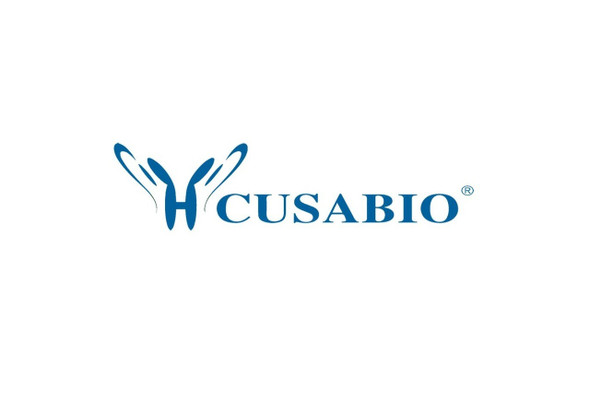Cusabio Polyclonal Antibodies
TRPC4AP Antibody | CSB-PA777153
- SKU:
- CSB-PA777153
- Availability:
- 3 to 7 Working Days
Description
TRPC4AP Antibody | CSB-PA777153 | Cusabio
TRPC4AP Antibody is Available at Gentaur Genprice with the fastest delivery.
Online Order Payment is possible or send quotation to info@gentaur.com.
Product Type: Polyclonal Antibody
Target Names: TRPC4AP
Aliases: transient receptor potential cation channel, subfamily C, member 4 associated protein
Background: TRPC4AP (transient receptor potential cation channel, subfamily C, member 4 associated protein), also known as TRUSS or TRRP4AP, is a 797 amino acid protein that is expressed in a variety of tissues, with highest expression in liver, heart, testis and brain. Thought to function as a scaffolding protein, TRPC4AP interacts with TNF-R1 and may both link TNF-R1 to the IKK signalsome complex, and participate in the activation of NFκB p50, an event that occurs in response to TNF-R1 ligation. TRPC4AP exists as multiple alternatively spliced isoforms that are encoded by a gene which maps to human chromosome 20. Comprising approximately 2% of the human genome, chromosome 20 contains nearly 63 million bases that encode over 600 genes, some of which are associated with Creutzfeldt-Jakob disease, amyotrophic lateral sclerosis, spinal muscular atrophy, ring chromosome 20 epilepsy syndrome and Alagille syndrome.
Isotype: IgG
Conjugate: Non-conjugated
Clonality: Polyclonal
Uniport ID: Q8TEL6
Host Species: Rabbit
Species Reactivity: Human, Mouse
Immunogen: Fusion protein of human TRPC4AP
Immunogen Species: Human
Applications: ELISA, IHC
Tested Applications: ELISA, IHC;ELISA:1:2000-1:10000, IHC:1:30-1:150
Purification Method: Antigen affinity purification
Dilution Ratio1: ELISA:1:2000-1:10000
Dilution Ratio2: IHC:1:30-1:150
Dilution Ratio3:
Dilution Ratio4:
Dilution Ratio5:
Dilution Ratio6:
Buffer: -20°C, pH7.4 PBS, 0.05% NaN3, 40% Glycerol
Form: Liquid
Storage: Upon receipt, store at -20°C or -80°C. Avoid repeated freeze.
Initial Research Areas: Signal Transduction
Research Areas: Epigenetics & Nuclear Signaling;Signal transduction









